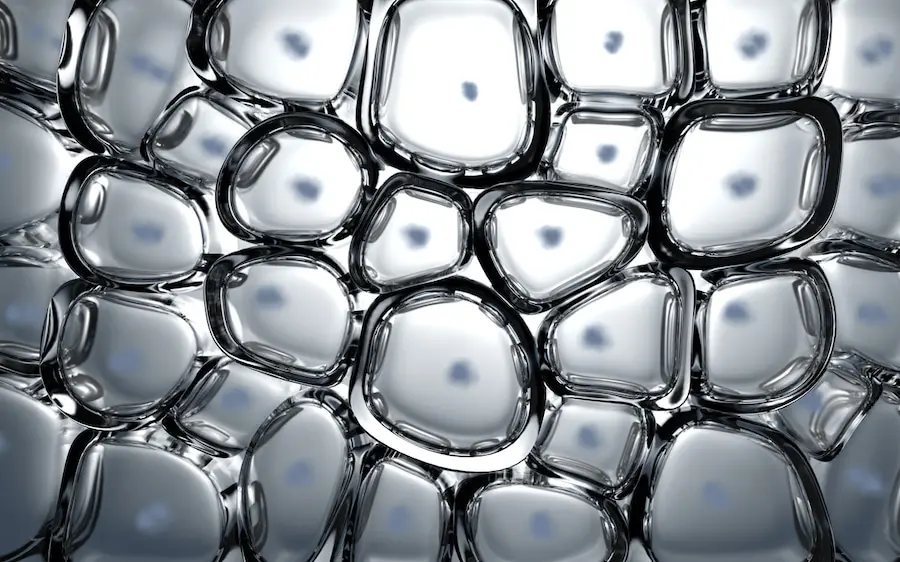What are sirtuins and how are they activated to boost cellular health?

Sirtuins are a family of 7 proteins that help to regulate the health of our cells. They are a group of enzymes that work to speed up certain chemical reactions in our body. Sirtuins are really quite miraculous in the work they perform to manage the many processes in our cells that are involved in ageing and the diseases associated with the ageing processes. Read on to find out how sirtuins are activated.
What tasks do sirtuins perform in the cells?
The name comes from SIR – Silent Information Regulator
Sirtuins act as protectors for our cells, here’s how:
- Respond to damage and fix
- Support healthy DNA
- Linked to the benefits of fasting and exercise
- Work with other genes and respond to damage in the cells
- Make enzymes that work to control the epigenome
- May reduce the rate that cells divide
- This is one of the reasons that they can extend lifespan
These incredible enzymes are essential for healthy cellular metabolism and work to protect us from inflammatory diseases as we age. Sirtuins (1) help to slow cell ageing through diverse cellular processes, by reducing the rate that cells divide. Why does this matter you might ask? The fact is that cells only have a limited number of times that they can divide. They also work to sustain genome integrity and promote DNA repair.
Studies have linked sirtuins to being able to help to repair DNA damage (2) as it’s believed that they protect telomeres, the caps at the end of chromosomes within our DNA. They help to provide vital cellular energy as they create new mitochondria, the power plant of our cell. Sirtuins also enhance the link between the nucleus and mitochondria so that the mitochondria functions more effectively.
Sirtuins go to work removing old decaying parts of our cells making everything ready for new growth. They are present in every cell and each take on different roles. 3 directly work on the mitochondria (SIRT 3,4 & 5), 3 on the nucleus (SIRT1, 6 & 7) and SIRT2 on the cytoplasm.
While we know the most about SIRT1, the other six sirtuins are now emerging and studies are being carried out to show how they might help to protect us from the major diseases associated with ageing.
How are sirtuins activated?
However, Sirtuins can’t do all this magical work on their own, they need the support of another molecule, NAD+. The intimate relationship between sirtuins and NAD+ is regulated at different levels allowing their coordinating role in metabolic processes and ageing. NAD+ availability decreases over age, reducing sirtuin activities and affecting the communication between the nucleus and mitochondria at a cellular level and also between the hypothalamus and adipose tissue at a systemic level.
If we can naturally increase NAD+ then we can activate sirtuins to become more vigorous in their work.
Which foods help to stimulate sirtuins?
Functional foods and nutraceuticals hold great promise for health and longevity promotion and prevention of age-related diseases (3). Certain foods have natural plant compounds which may be able to increase the level of the sirtuin proteins. Many of them are associated with the foods eaten in Japan and the Mediterranean diet.
- Kale
- Red wine
- Onions
- Soy
- Parsley
- Extra virgin olive oil
- Dark chocolate
- Turmeric
- Blueberries
- Coffee
Which supplements should I take to stimulate sirtuins?
Studies have linked ingredients such as fisetin, quercetin, resveratrol, pterostilbene to enhancing sirtuin activity. These can be found in capsule form to enable easy consumption.
Regenerate by Rejuvenated blends these ingredients with NMN (Nicotinamide Mononucleotide), astragalus, vitamin B2 and zinc to give a powerful youth promoting capsule.






